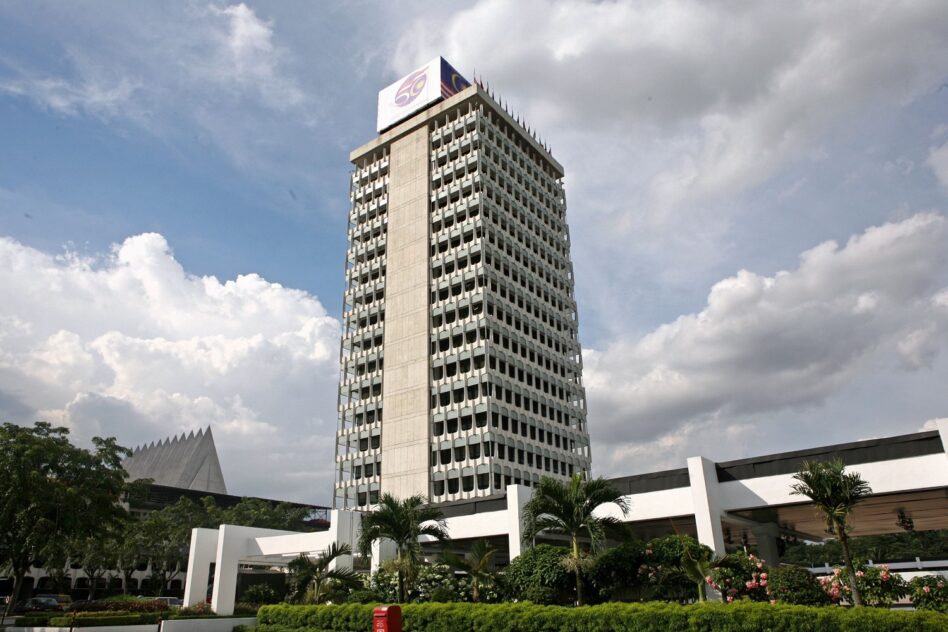THE increasing possibility of a further upwards revision on Malaysia’s current public debt ceiling from 60% to 65% and a downgrade to the economic growth could raise the prospect of future rating downgrades by any one of the international rating agencies.
Such pressure on Malaysia’s ratings could emerge over the next 12 to 24 months if the economic growth suffers a deeper or more prolonged downturn than expected or if a weaker commitment to fiscal consolidation is evident, according to AmResearch.
“Both situations could result in a faster accumulation of net general government debt,” opined its chief economist/head of research Dr Anthony Dass in a thematic report entitled “Malaysia: Managing the Downgrade Risk”.
“This could be indicated by a change in net general government debt surpassing 4% on a sustained basis, net indebtedness crossing 80% of GDP, or interest paid by the general government exceeding 15% of revenue.”
However, a downwards revision could be mitigated by a healthy external position, monetary policy flexibility and sustainable economic growth, added Dass.
Moreover, an upward pressure on the ratings would emerge if prospects for fiscal consolidation were to improve significantly, particularly through measures that broaden the currently narrow revenue base, pointing to a sustained decline in the government debt burden and improvement in debt affordability.
At the moment, however, Dass observed that the research house’s earlier expectation of the Malaysian economic growth recovering in 2021 with projected expansion of 5.5 %-6% (Bank Negara Malaysia: 6%–7.5%) “does not hold water anymore”.
“Once again as the COVID-19 pandemic rears its ugly head in June and was viewed as the third wave. The country then found itself in a lockdown that was extended into July with some states put under the enhanced movement control order (EMCO),” he argued.
Such move has added pressure both economically and politically. Strains also emerged on the social climate while rising COVID-19 cases are emerging at a time when the number of individuals being vaccinated is also on the uptrend.
With the doling out of various stimulus measures, the Government has further raised its public debt ceiling to 60% from 55% previously with the fiscal deficit-to-GDP ratio increasing to 6.2% from 6%.
This has raised concerns that the country’s risk would be downgraded by rating agencies like Moody’s Investors Service, S&P Global Ratings and Fitch Ratings.
However, the rating agencies has thus far reaffirmed the country’s ratings with Moody’s retaining Malaysia’s credit profile at ‘A3’ with a stable outlook in April. S&P maintained its ‘A-’ long-term and ‘A-2’ short-term sovereign credit ratings, and ‘A’ long-term and ‘A-1’ short-term local currency. – July 28, 2021









